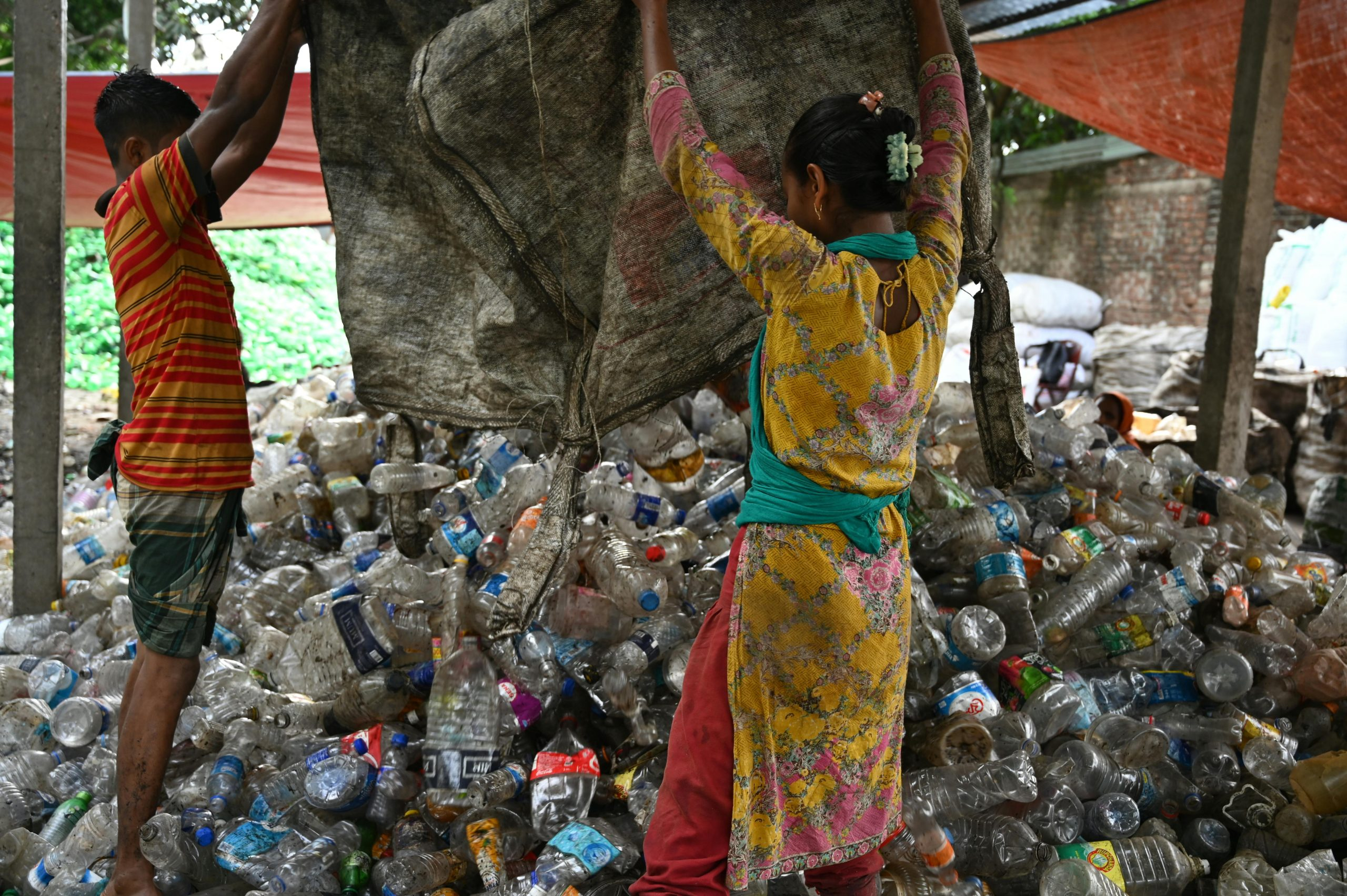Battery Recycling Plants Solving EV Waste Issues
As our world becomes increasingly dependent on electric vehicles (EVs) for transportation, the issue of battery waste and its impact on the environment has become a growing concern. The demand for EVs is expected to increase significantly in the coming years, raising questions about how to effectively manage the end-of-life batteries. Fortunately, battery recycling plants are emerging as a promising solution to this problem, offering a sustainable and eco-friendly way to deal with EV waste. Let’s take a closer look at how these plants are tackling the issue of battery recycling and why it’s crucial for the future of our planet.
The Growing Problem of EV Battery Waste
The adoption of EVs has been on the rise in recent years, with many countries and cities announcing ambitious plans to phase out internal combustion engines. In fact, it is estimated that the number of EVs on the road will reach 143 million by 2030, a significant increase from the current 8 million. While this transition to electric vehicles is great for reducing carbon emissions, it also comes with a downside – the disposal of EV batteries.
The Environmental Impact of Discarded EV Batteries
Most EV batteries are made with lithium-ion, a highly efficient but potentially hazardous material. When not properly disposed of, these batteries can pose serious threats to the environment. As they break down, they release toxic chemicals into the soil and water, contributing to pollution and harming wildlife. With the expected increase in EVs, the problem of battery waste is only going to worsen if no proper measures are put in place.
How Battery Recycling Plants are Making a Difference
Thankfully, battery recycling plants are emerging as a solution to this impending issue. These facilities are specifically designed to handle the end-of-life batteries from EVs, providing a sustainable way to dispose of them. The process starts with the collection of used batteries from EV manufacturers, dealers, or even individual owners. These batteries are then sorted, dismantled, and shredded to extract valuable materials like lithium, cobalt, and nickel, which can be reused in the production of new batteries.
The Benefits of Recycling EV Batteries
The environmental benefits of battery recycling plants are obvious – they prevent the release of toxic chemicals into the environment, reducing pollution and protecting our planet. But it’s not just about protecting the environment; there are also economic benefits. The materials recovered from recycled batteries can be sold, creating new revenue streams for manufacturers and reducing the reliance on expensive and unsustainable mining practices.
Challenges and Solutions in Battery Recycling
While the concept of battery recycling plants may seem straightforward, there are still challenges that need to be addressed. One major challenge is the standardization of battery design and composition. As EV technology is evolving, so are the batteries, making it challenging to establish a universal recycling process. However, efforts are being made by regulatory bodies and manufacturers to set industry standards for battery design, making it easier to recycle them.
Another challenge is the cost of setting up and running these recycling plants. To make recycling financially feasible, there needs to be a steady supply of used batteries, which might be limited in some regions. To overcome this, some plants are exploring partnerships with EV manufacturers, who can supply batteries directly to them. This not only ensures a constant supply but also reduces the transportation costs and emissions associated with collecting batteries from different locations.
The Future of Battery Recycling
Battery recycling plants are still in their early stages, but they hold immense potential for solving the EV waste issue. As technology advances and economies of scale kick in, these plants are expected to become more efficient and cost-effective. Along with setting industry standards, governments also need to provide incentives and policies that promote and encourage battery recycling. It’s crucial to invest in these solutions today to ensure a sustainable and cleaner future tomorrow.
In Conclusion
The rise of EVs brings an urgent need for effective battery waste management. Battery recycling plants offer a sustainable and environmentally friendly solution to this problem, and their importance cannot be overstated. As we continue to embrace the transition to electric vehicles, it’s essential to support and encourage the development of these plants to ensure a cleaner and greener future for generations to come.










